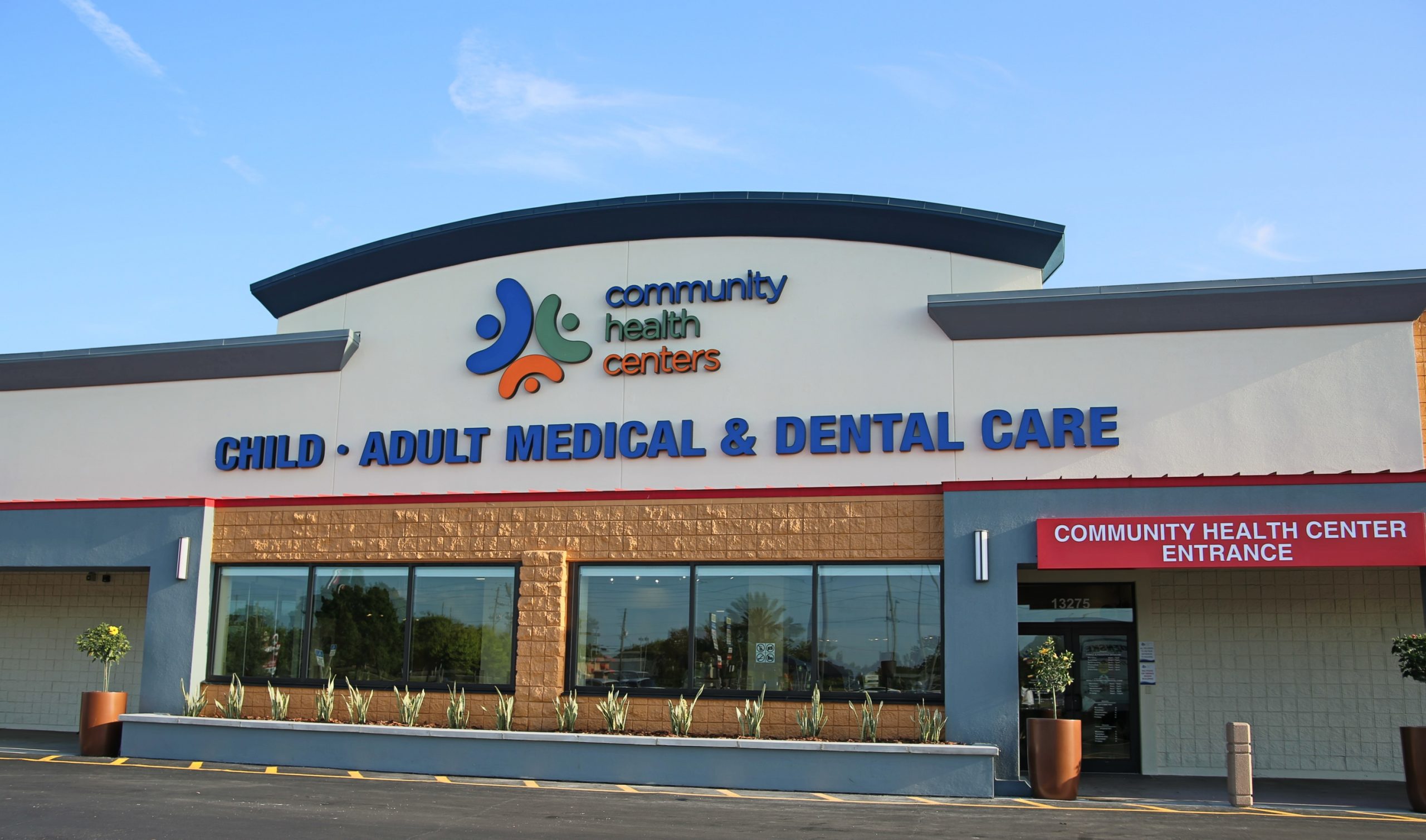Health centers are community-based healthcare facilities that provide a range of medical services, often focusing on primary care and preventive health. They play a vital role in serving underserved populations and improving access to healthcare.
Types of Health Centers
- Community health centers: Federally qualified health centers (FQHCs) that provide comprehensive primary care services to underserved populations.
- Rural health clinics: Located in rural areas, these clinics offer basic primary care services to residents.
- School-based health centers: Located in schools, these centers provide health services to students and their families.
- Mobile health clinics: Provide healthcare services to individuals in remote or underserved areas.
Services Offered by Health Centers
- Primary care: General medical exams, diagnosis and treatment of illnesses, and preventive care.
- Dental care: Dental exams, cleanings, and restorative treatments.
- Mental health services: Counseling, therapy, and medication management for mental health conditions.
- Women’s health services: Reproductive health services, including prenatal care and family planning.
- Children’s health services: Pediatric care, immunizations, and developmental screenings.
- Substance abuse treatment: Programs to help individuals overcome substance abuse problems.
Benefits of Using Health Centers
- Accessibility: Health centers are often located in convenient locations and offer flexible hours.
- Affordability: Many health centers accept Medicaid, Medicare, and other government-sponsored insurance, making them affordable for low-income individuals.
- Culturally competent care: Health centers are often staffed by culturally competent healthcare providers who can communicate effectively with patients from diverse backgrounds.
- Comprehensive care: Health centers offer a wide range of services, providing patients with access to comprehensive care in one location.
- Community-based: Health centers are integrated into the community and often provide additional services, such as health education and social support.
Challenges Faced by Health Centers
- Funding: Health centers often rely on government funding and may face challenges in securing adequate funding.
- Staffing shortages: Finding and retaining qualified healthcare professionals can be difficult, especially in underserved areas.
- Limited resources: Health centers may have limited resources compared to hospitals, which can affect the range of services they can offer.
- Integration with healthcare systems: Health centers may need to integrate with larger healthcare systems to improve efficiency and access to care.
Health centers play a vital role in providing accessible and affordable healthcare services to underserved populations. By understanding the types of health centers, the services they offer, and the challenges they face, individuals can make informed decisions about their healthcare needs.



